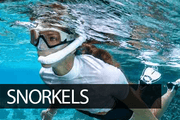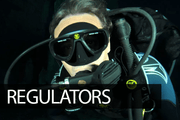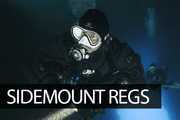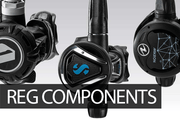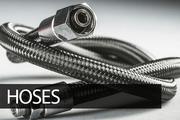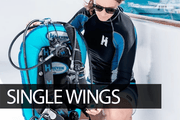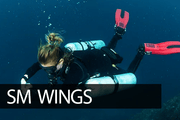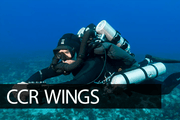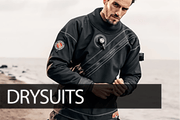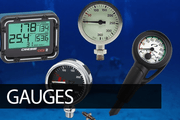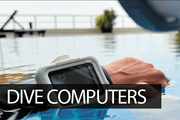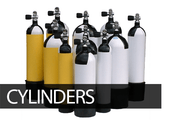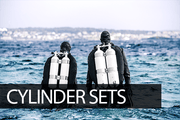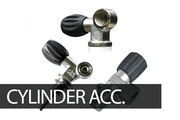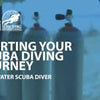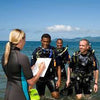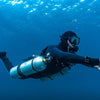Essential Safety Tips for Every Diver

Safety is paramount in scuba diving. Whether you're a novice or an experienced diver, adhering to essential safety practices ensures that your diving adventures remain enjoyable and incident-free. Here are comprehensive safety tips to keep in mind before, during, and after your dives.
-
Get Proper Training: Before embarking on any dive, ensure you have received adequate training from a certified dive instructor. Courses like Open Water Diver and Advanced Open Water Diver provide foundational knowledge and skills. For advanced training materials, check out our Learning Materials.
-
Plan Your Dive and Dive Your Plan: Always plan your dive ahead of time. Discuss the dive site, depth, duration, and potential hazards with your dive buddy. Stick to your plan to avoid unexpected situations. Use a reliable Dive Computer to monitor your dive parameters.
-
Perform Pre-Dive Safety Checks: Conduct thorough pre-dive safety checks on your equipment. Check your regulator, BCD, and gauges to ensure everything is functioning correctly. Confirm that your tank is full and your weights are secure. For a comprehensive pre-dive checklist, explore our Dive Checklists and Tools.
-
Dive with a Buddy: Always dive with a buddy and stay close throughout the dive. Buddies can assist in emergencies and provide support. Establish communication signals and emergency procedures before diving. For effective buddy communication, consider our range of Underwater Communication Devices.
-
Monitor Your Air Supply: Keep a close eye on your air gauge and never let your tank pressure drop below 500 psi (35 bar). Ascend with a safety margin to ensure you have enough air for any unforeseen circumstances. Our selection of Dive Gauges and Consoles can help you monitor your air supply accurately.
-
Control Your Buoyancy: Proper buoyancy control is crucial for safe and efficient diving. Use your BCD and breath control to maintain neutral buoyancy. Avoid rapid ascents and descents to prevent barotrauma. For buoyancy control devices, explore our Buoyancy Control Devices (BCD).
-
Practice Safe Ascents: Ascend slowly and perform a safety stop at 15 feet (5 meters) for 3-5 minutes. This helps reduce the risk of decompression sickness. Use your Dive Computer to track your ascent rate and ensure a safe return to the surface.
-
Stay Within Your Limits: Dive within the limits of your training and experience. Avoid deep or challenging dives until you have gained sufficient experience and training. For advanced training materials, visit our Advanced Diving Courses.
-
Be Aware of Your Surroundings: Pay attention to your environment, including marine life, currents, and potential hazards. Avoid touching or disturbing marine life and be cautious of your surroundings to prevent injuries. Equip yourself with a good Dive Knife for emergency situations.
-
Maintain Physical Fitness: Diving requires a certain level of physical fitness. Stay in good health, exercise regularly, and avoid diving if you're feeling unwell. Dehydration can also affect your diving performance, so drink plenty of water before and after dives.
-
Use Appropriate Gear: Ensure you have the right gear for the dive conditions. This includes a well-fitting wetsuit or dry suit, mask, fins, and a reliable dive computer. For high-quality gear, visit our Dive Gear Collection.
-
Emergency Preparedness: Be prepared for emergencies. Carry a surface marker buoy (SMB) and a whistle to signal for help. Know how to perform basic first aid and CPR. For emergency equipment, check out our Safety Gear.
-
Log Your Dives: Keep a log of your dives, including details such as depth, time, location, and any issues encountered. This helps you track your experience and identify areas for improvement. Use our Dive Log Books to keep your records organized.
Following these safety tips ensures that your diving experiences are safe, enjoyable, and memorable. For all your diving needs and to enhance your safety underwater, visit Scuba Diving Gear, where we offer a wide range of high-quality diving equipment and accessories.


